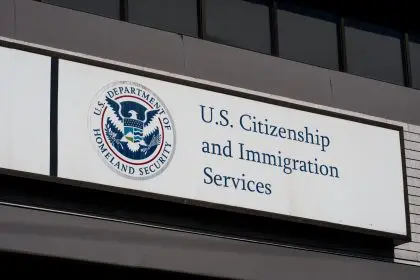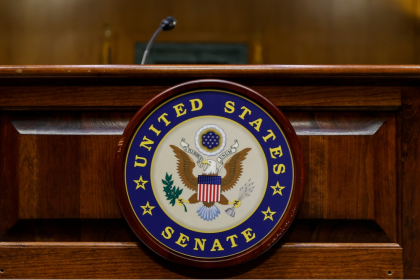The Trump administration has made a significant shift in its immigration enforcement strategy by lifting restrictions on arrests at sensitive locations such as schools and churches. This controversial decision allows Immigration and Customs Enforcement, or ICE, and Customs and Border Protection, or CBP, to conduct arrests in areas previously deemed safe for immigrants. The ruling marks a critical shift in America’s immigration debate.
Background of the policy change
Historically, sensitive locations like schools, hospitals and places of worship have been protected from immigration enforcement actions to ensure that immigrants can access essential services without fear of arrest. However, the recent policy reversal aligns with President Donald Trump’s broader agenda to intensify immigration enforcement and fulfill campaign promises aimed at cracking down on illegal immigration.
According to the Department of Homeland Security, the new policy is designed to empower enforcement officers to target individuals who are considered criminals hiding in these sensitive locations. This shift is part of a larger strategy to facilitate mass deportations, which has been a cornerstone of Trump’s immigration platform.
Concerns from advocates and community leaders
While the administration argues that the policy will enhance public safety by allowing law enforcement to apprehend criminals, many advocates express serious concerns about the potential consequences of such actions. Olivia Golden, a representative from the Center for Law and Social Policy, has voiced worries about the impact on children who may witness arrests in their schools or places of worship.
Critics argue that this policy could deter immigrants from seeking necessary medical care or attending school, as the fear of arrest looms large in their communities. The implications of this policy extend beyond individual cases; they may also affect the overall well-being of immigrant families and their integration into society.
Local governments and schools preparing for impact
In light of this policy change, local governments and educational institutions are bracing for potential repercussions. Many schools have historically served as safe havens for undocumented immigrants, allowing them to pursue education without the threat of immigration enforcement. With the new policy in place, there is a growing concern about how schools will respond to potential ICE actions on their premises.
Churches and other places of worship have also been critical sanctuaries for migrants seeking refuge from deportation. The reversal of these protections raises questions about the future of these safe spaces and the role they play in supporting vulnerable populations.
Public opinion on the policy
The public reaction to this policy change is mixed. Some individuals support the administration’s efforts to enforce immigration laws more strictly, believing that it is necessary for national security. Others, however, view the policy as excessively harsh and detrimental to community safety and well-being.
As the debate continues, communities need to engage in discussions about the implications of these policies and advocate for the rights of immigrants. The impact of such policies can resonate throughout society, affecting not only those directly involved but also the broader community.
The Trump administration’s decision to lift restrictions on immigration arrests at sensitive locations marks a significant shift in U.S. immigration policy. As advocates raise concerns about the potential consequences for immigrant families and communities, it is crucial to consider the broader implications of these changes. The ongoing dialogue surrounding immigration enforcement will undoubtedly shape the future of immigrant rights and community safety in the United States.

















